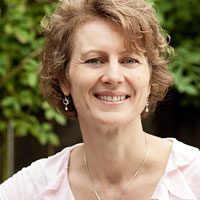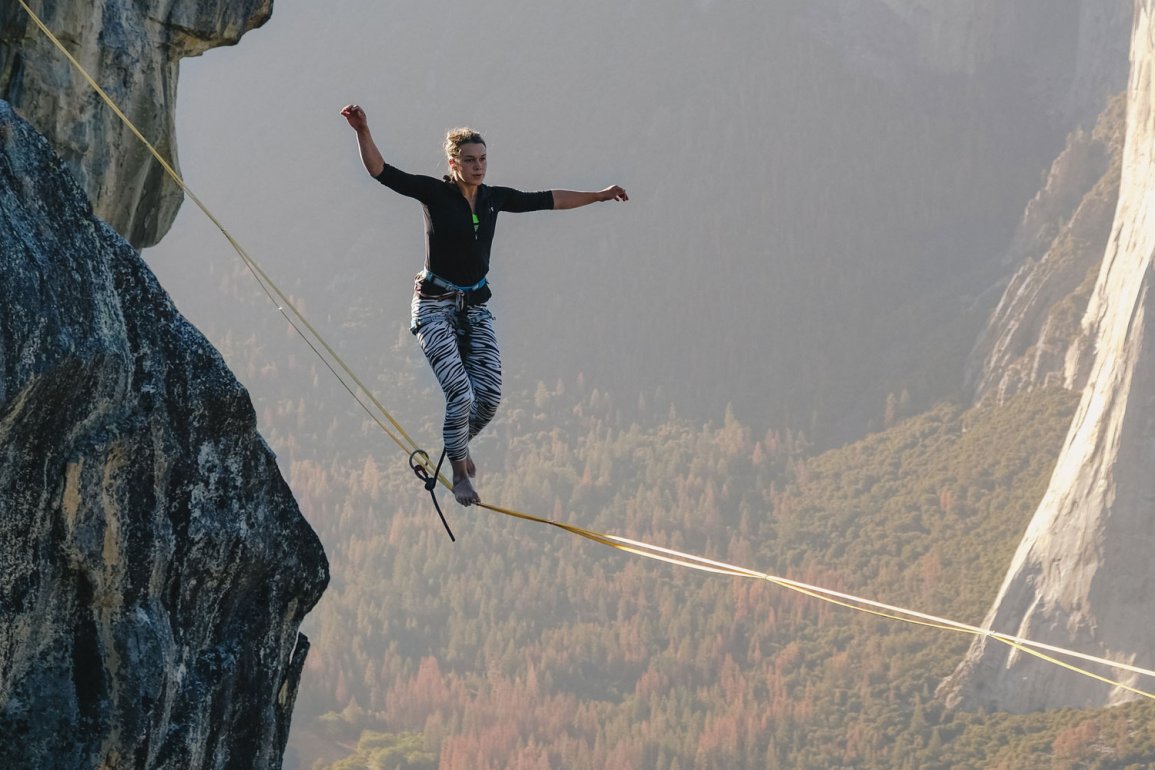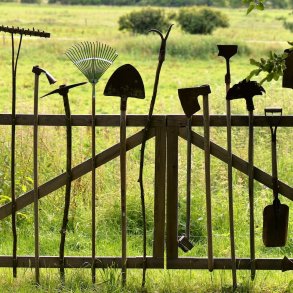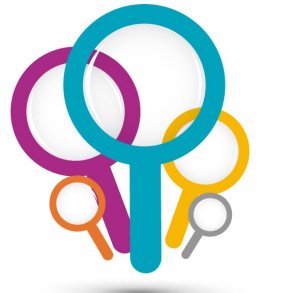By Margit Bantowsky for Enlivening Edge Magazine
For nearly four years, the Olympia Trillium Community has based its governance process on Holacracy—a purpose-centric self-management practice. It is our experience that capacities naturally emerging from psycho-spiritual maturity can support the principles and practices of Holacracy.
Conversely, Holacracy has the potential to invoke individual growth. Realizing this evolutionary possibility is not guaranteed, but it may be activated through certain developments, commitments, and skills.
Too nice to get things done
Trillium Olympia—a group of people engaging in a highly effective spiritual path called Trillium Awakening (TA)—began to coalesce in late 2011. Initially we were a small, nimble, and enthusiastic group, but as we grew so did our challenges.
Like many liberal spiritual communities, we valued nice-ness and inclusion. Although we loved each other, our decision-making process became increasingly bogged down by attempts to over-accommodate everyone.
It was unclear who got to make which decisions and how, and action steps often required lengthy, “reply-all” email discussions. Some of us got burnt out.
In 2015 we reached out for help from our international parent organization, the Trillium Awakening Teachers Circle (TATC), who had been employing Holacracy since 2011. Olympia’s leadership group invited the TATC’s lead Facilitator to train us in the basics and facilitate our meetings for several months.
We decided to adopt a simplified version of Holacracy, as our group was too small to fund an official implementation led by a coach certified in Holacracy.
Structure is liberating!
Our leadership group quickly fell in love with Holacracy, and took over meeting facilitation after several months. As we articulated our collective evolutionary purpose, clarified roles and accountabilities, and used the integrative decision-making process, we wasted less time in unproductive discussions and our unique gifts were liberated into service to our beloved community.
Two TA teachers, two TA mentors, and about 30 committed practitioners currently form the Trillium Olympia Community. Ongoing activities include monthly teacher-led gatherings called sittings, monthly peer-led practice groups called mutuality circles, and periodic weekend workshops.
Supporting our community and its events is a five-person Coordinating Circle (CC) which holds periodic Tactical and Governance meetings, and consists of three community members and no more than two TA teachers. We have distributed authority into clearly defined roles, including: Lead Link, Treasurer, Area Coordinator, Mutuality Circle Coordinator, Welcomer, Outreach, Events Coordinator, and Website Administrator.
Awakening capacities in Holacracy
In the Trillium path, we call spiritual awakening whole-being realization—a stabilized recognition of the non-separate nature of self. It involves an identity founded in the knowing and living of no-separation while remaining paradoxically distinct. Wholeness and interbeing are not just beautiful concepts; they are direct, lived reality.
In our experience, whole-being realization can lead to at least four capacities supportive of Holacracy’s principles and practices, and practicing Holacracy can support growth in these capacities:
- Trust
- Vulnerability
- Authenticity
- Mutuality
Trust
Whole-being realization tends to catalyze a shift from the separation-based motivations of manipulation and control, to engaging life from fundamental connection and wellness at our core. That leads us to be more open, responsive, and trusting.
For example, I still have a somewhat cautious and boundary-oriented temperament, but I’ve relaxed enormously since my whole-being realization and am more fluid and less pushy.
As my CC colleagues have similarly changed, I’ve observed how this capacity for trust can make it easier to let others energize their roles, which beautifully supports Holacracy’s distribution of power. Trust can also soften the tendency to over-manage, aligning us with Holacracy’s principle of dynamic steering—sensing and responding instead of predicting and controlling.
Conversely, I’ve experienced many times how Holacracy’s self-management practices activate my constrictions around trust, inviting me to grow into more flow.
Vulnerability
Vulnerability is an embodied aspect of awakening: consciousness lands here, in this tender, fleshy vessel, in this wild world of forces beyond our control. Although initially uncomfortable, this kind of vulnerability is a good thing because it means we’re less dissociated.
As such, our body-mind develops capacity as an attuned sense organ for collective tensions, reminding us of important limits, longings, and connections. I’ve seen how bringing this information to our governance process helps us serve the greater collective.
Conversely, engaging in dynamic steering can invite us into our essential vulnerability by constantly reminding us we ultimately cannot know what will or won’t work.
Authenticity
Whole-being realization necessitates increasing authenticity—we sense a kind of pressure to express ourselves truthfully, in mutuality with others. While the Holacracy process is great at reducing the impact of overbearing personalities, its structure also encourages individuals to come forward with tensions and differing opinions.
My capacity to dare and speak my piece—however wobbly my knees might feel—serves the decision-making process as well as my own evolution.
Mutuality
In the Trillium path, mutuality recognizes that we are not fundamentally separate: I cannot harm you without harming myself. Mutuality involves honoring your true and total self—both your infinite, unbounded nature and your messy, imperfect human nature—while also making room for others to do the same. This can be quite challenging at times!
Mutuality usually grows into a disposition that is deeply respectful of other people, and an ability to hold the discomfort generated across inevitable, often unresolvable, differences. I’ve seen how growing capacity in mutuality can help CC members temper their reactivity to one another during Tactical and Governance meetings.
Conversely, by essentially preventing me from dominating others, Holacracy’s distributed authority and meeting structures are a constant invitation to honor my colleague’s truth, especially when it’s different from mine.
The fine print: skill, culture, polarities, and commitment
Over time, our CC members have cultivated a deep mutual respect for, and trust of, one another. Our mutual daring in the crucible of Holacracy-based governance has smoothed our hard edges and helped us express our organization’s evolutionary purpose—which is fabulous and satisfying…but there are some important considerations.
Skill
Perhaps the single most important skill is the Facilitator’s ability to hold to the parameters of Holacracy with both kindness and firmness. This skill helps reduce the impact of unconscious orientations to authority, invites our awakened capacities to enliven the process, and gives us room to learn and grow.
Culture
Our deep indoctrination with Western authoritative structures is a hard habit to break. Holacracy tempers their influence, but unconscious dynamics around authority still arise. For example, people will look to me, as Lead Link, for final say, and I must keep reminding them the power is in their hands.
Also, a liberal Green consciousness plays out in our group as we default into consensus—making everyone happy—and we have to pull ourselves back on track with Holacracy.
Polarities
Temperamental differences color our process. For example, some people are naturally more cautious, and others more impulsive; some are more inclusive, while others are more exclusive. These polarities seem to show up not just in different temperaments, but as an intrinsic characteristic of group dynamics, not to be eliminated but embraced as intelligent and necessary.
Commitment
It seems to me that two commitments are needed for realizing the evolutionary potential of an awakening group of people employing self-managing practices. First, is commitment to the governance process—we couldn’t enjoy the gifts of Holacracy without all agreeing to play by its principles and structures.
Second, I believe we need to have a capacity for, and a commitment to, doing our inner work and integrating our conditioning. Whole-being realization is liberating, but human development is an ongoing process. Realized people still have plenty of unconscious material that can, and will, overshadow our potent capacities of trust, vulnerability, authenticity, and mutuality.
As we practice Holacracy, we are given opportunities to become aware of unconscious conditioning that constricts us. Conversely, as we consciously integrate these constrictions, we can relax even further into wholeness and trust, and participate in the organismic unfolding of our collective.
Who knows what possibilities and challenges await us!
 Margit Bantowsky: I am a transformative coach and Trillium Awakening teacher dedicated to the liberation of gifts in service to the well-being of all life. My passion is to integrate psychological, spiritual, environmental, and social development in an expression of awakened activism. I balance my background in engineering and project management with contemplative inquiry, gardening, making art, and reveling in nature. [email protected]
Margit Bantowsky: I am a transformative coach and Trillium Awakening teacher dedicated to the liberation of gifts in service to the well-being of all life. My passion is to integrate psychological, spiritual, environmental, and social development in an expression of awakened activism. I balance my background in engineering and project management with contemplative inquiry, gardening, making art, and reveling in nature. [email protected]
Featured Image Photo: Woman slack-line walker, Yosemite by Leio McLaren (@leiomclaren) on Unsplash




